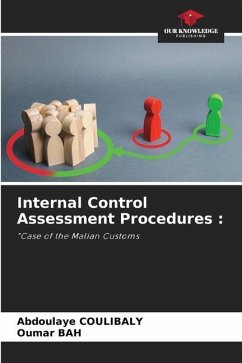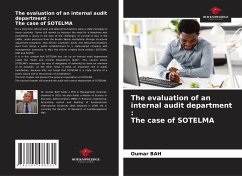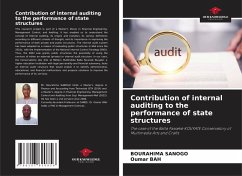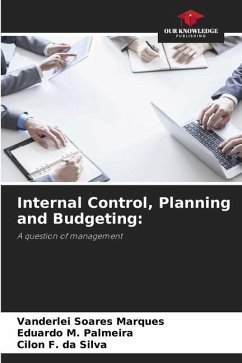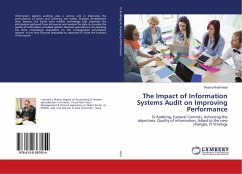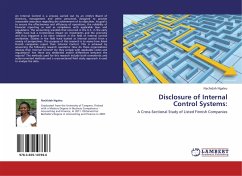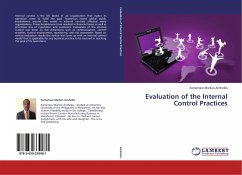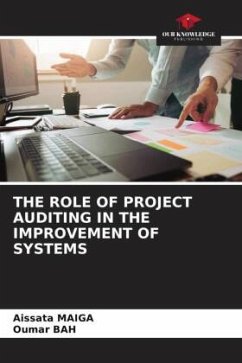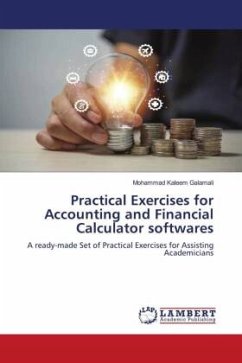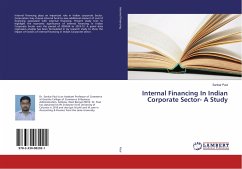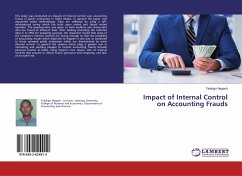
Impact of Internal Control on Accounting Frauds
Versandkostenfrei!
Versandfertig in 6-10 Tagen
36,99 €
inkl. MwSt.

PAYBACK Punkte
18 °P sammeln!
This study was conducted on impacts of internal control over accounting frauds in public enterprises in Addis Ababa. In general the paper uses sequential mixed methodology. Data are collected by using a self-administered survey which has both open ended and closed ended question. The questionnaire was given to both auditors and accountant who are found at different level. After feeding (inserting) the collected data in to SPSS for analyzing purpose; the researcher found that some of the company's internal controls are strong enough so that the possibility of accounting frauds which expected to...
This study was conducted on impacts of internal control over accounting frauds in public enterprises in Addis Ababa. In general the paper uses sequential mixed methodology. Data are collected by using a self-administered survey which has both open ended and closed ended question. The questionnaire was given to both auditors and accountant who are found at different level. After feeding (inserting) the collected data in to SPSS for analyzing purpose; the researcher found that some of the company's internal controls are strong enough so that the possibility of accounting frauds which expected to happen is very low as compared to those surveyed public enterprises which are characterized by weak internal control. In general the reasons which plays a greater role in motivating and pushing peoples to commit accounting frauds includes personal finance al losses, living beyond once means, lack of internal controls that prevent or detect fraud, ignorance and incapacity, and lack of an audit trial.



